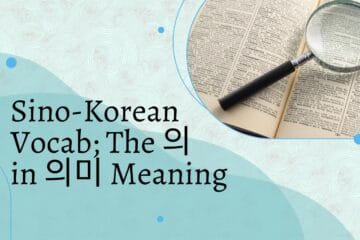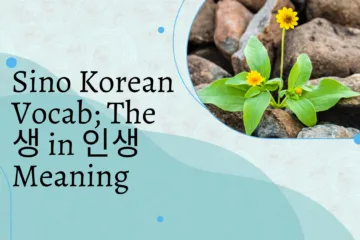Tea in Korean; Vocab, Culture, and More!
Tea is a classic drink with a long history, and Korea is no exception. Today I’ll dive a bit into the drink with vocab for the different kinds of tea in Korean, Korea’s culture and history with tea, some Sino-Korean, and more.









